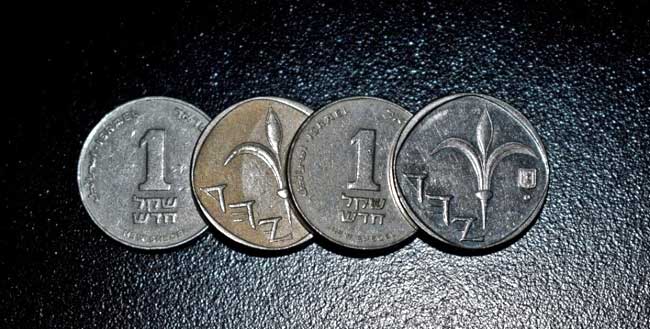
10 Changes to Israeli Tax Law for 2017
Approved by the Knesset just before the new tax year, here are 10 changes to Israeli tax law for 2017 and beyond. It’s important to note that some of these rules have not yet been fully clarified, but we will be keeping track of any changes to come.

Self-Employment and Profit Sharing
- Most self-employed people will be required to contribute to pension funds (kupot gemel). Precise details and potential sanctions for not participating will be forthcoming. We intend to follow up with more information as it becomes available. As an incentive, the tax breaks for paying into a Keren Hishtalmut have been improved.
- Under certain circumstances, if you are paid in corporate profits instead of a regular salary, that income will be taxed as self-employment income.
- There are some minor changes to the Bituach Leumi rates for those who are self-employed. The lower bracket has been reduced (from just under 10% to just under 6%), whilst the higher bracket has been raised slightly (from a little over 16% to a little over 17%)
Surtax and Income Brackets
- The surtax rules have changed. Surtax is relevant for anyone with total taxable income (from all sources, worldwide) over a certain limit. The limit is being reduced from over NIS 800,000 per year to NIS 640,000. The tax rate on this income has increased from 2% to 3%.
- There are minor changes to the personal, earned income tax bands and rates. Specifically, the 21% rate has been reduced to 20%, and the 48% rate has been reduced to 47%. The 34% rate has been raised to 35%.
- Various payments for end of employment (pitzuim) will be taxed at marginal rates. This is in contrast to how these payments may have been treated in the past (as capital payments).
Property Tax, Corporate Tax, and Other Changes
- The much talked-about “three-property” tax has been approved, applying to individuals who own at least “two-and-a-half” residential properties. (The rule also applies to partial ownership in multiple properties.) Two properties of the taxpayer’s choice will be exempt. The tax is 1% of each property value, capped at NIS 18,000 per year, on the non-exempt properties. For more information about your personal circumstances, please contact us.
- Corporation tax has been reduced to 24% — it was 25% for 2016. It is supposed to be reduced further – to 23% — in 2018.
- There are amendments to the way kibbutzim and their members are taxed.
- If company owners (significant shareholders) take loans from their company and do not repay the loan by the end of February in the following year, the loan amount will be considered taxable.
If you are unsure about how these changes will affect you, or need any tax assistance, contact us.
0









